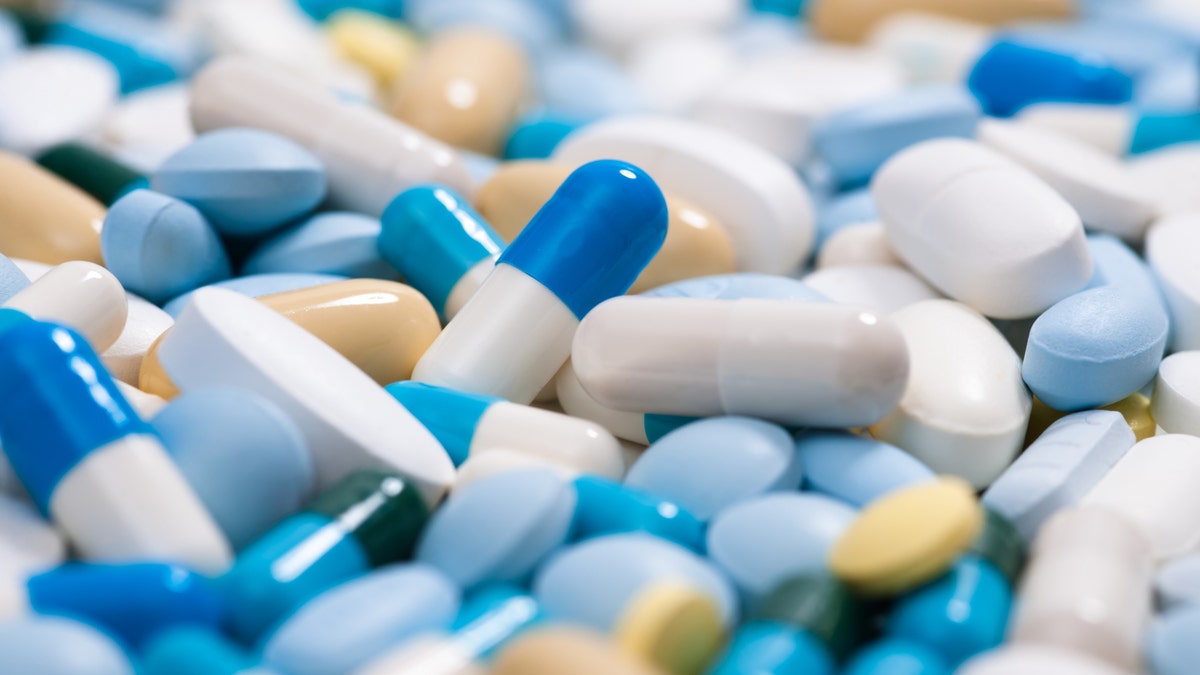
The woman allegedly purchased the diet pills, not pictured, online. (iStock)
One of the largest U.S. patient assistance charities may close after the federal government revoked its authorization, citing findings that the group, mainly funded by pharmaceutical companies, enabled drugmakers to influence prescriptions.
The Department of Health and Human Services' Office of Inspector General notified Caring Voice Coalition in a letter on Tuesday that it would rescind the charity's 2006 authorization after finding that it might have given drugmakers more ability to raise prices while insulating patients from the immediate effects of increases, leaving federal health care programs like Medicare to bear the cost.
The letter said Caring Voice had "represented it may cease operations," but that is not required.
MAN CLAIMS HE CONTRACTED EYE-EATING PARASITE FROM AMUSEMENT PARK WATER RIDE
The charity's board is "evaluating this very serious matter and will determine the most appropriate path forward," Chief Executive Gregory Smiley said in an emailed statement. He said the group has worked over the past six months to ensure compliance with industry laws and regulations.
Caring Voice, based in Mechanicsville, Virginia, says it aims to improve the lives of patients with chronic illnesses, including helping them afford costly drugs by covering co-payments and other costs.
In recent months, companies including Pfizer Inc and Johnson and Johnson have said they were the subject of a U.S. probe into drugmakers' financial support of charities offering assistance to patients seeking help to cover out-of-pocket costs. Health insurers, however, still end up paying more for the drugs they cover if prices are increased.
Drug companies are prohibited from subsidizing co-payments for patients enrolled in government healthcare programs like Medicare. But companies may donate to nonprofits providing co-pay assistance as long as they are independent.
As rising drug prices face increased scrutiny, concern has arisen that donations from drugmakers to patient-assistance groups may be contributing to price inflation.